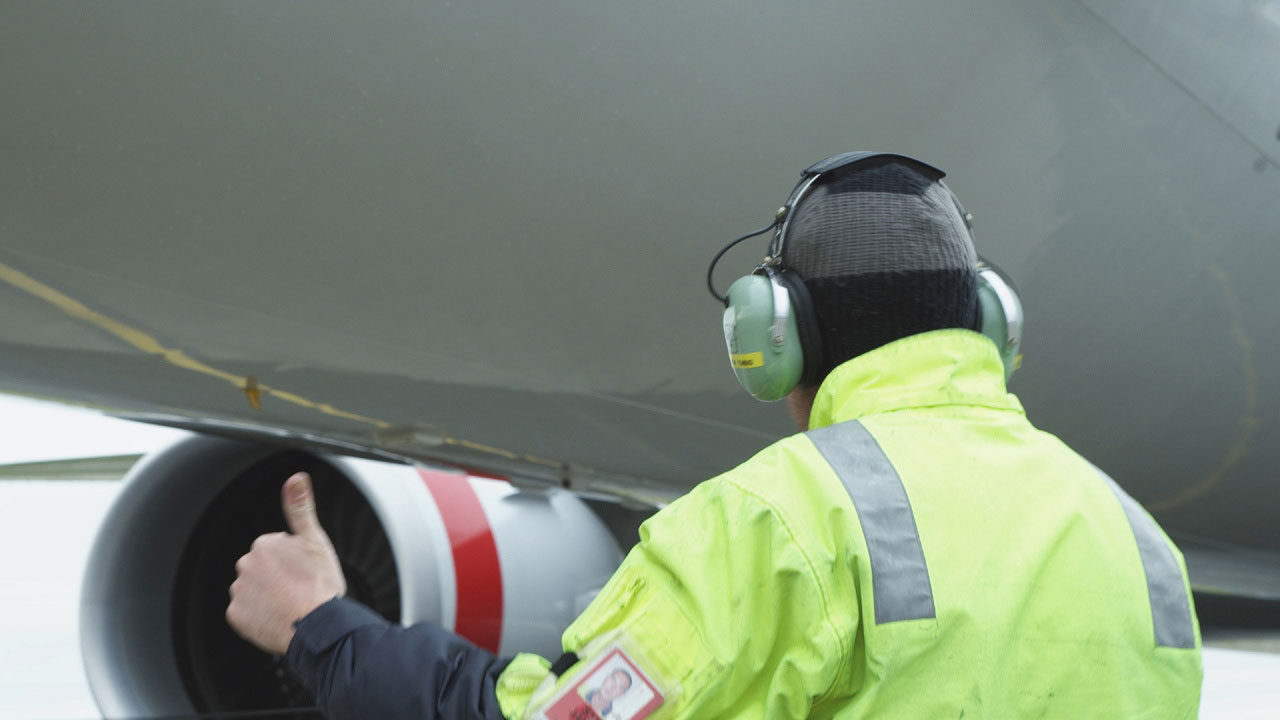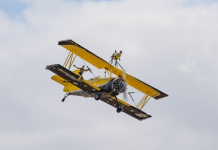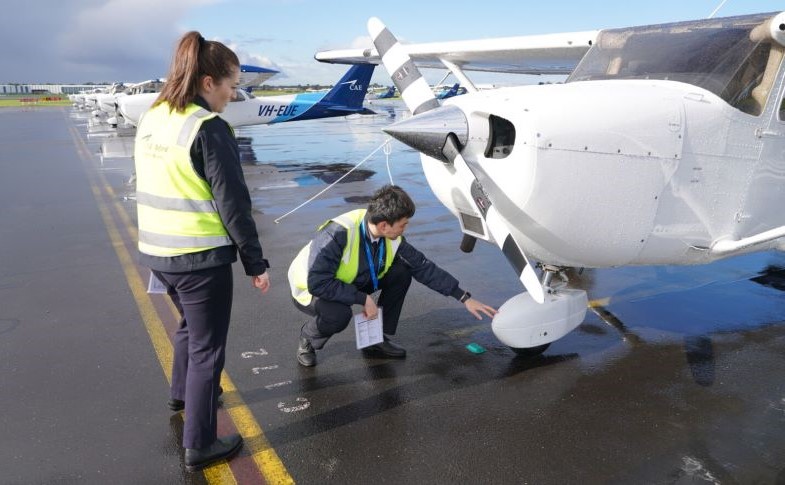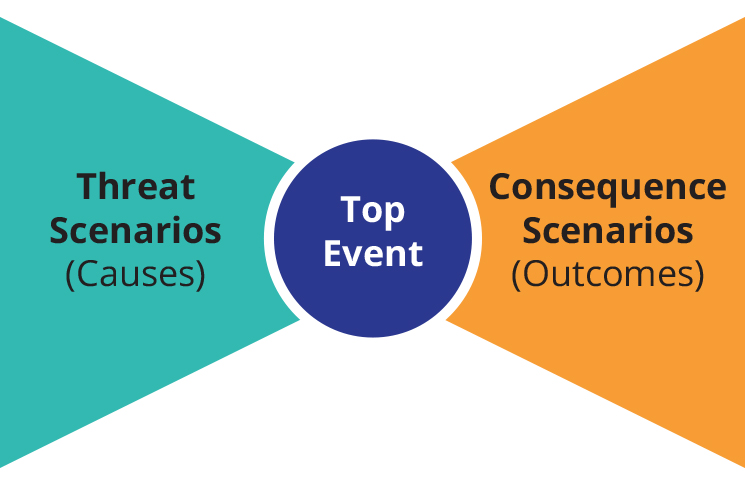The ‘thumbs up’ gesture has a universal meaning—that all is good to go. But is that always true?
Sometimes there is ambiguity, believe it or not, for instance, on the tarmac.
In some operations, ground handling staff give the ‘thumbs up’ when the stairs are properly in place against an aircraft and the stabilisers have been deployed to prevent the stairs from moving.
However, other staff—who may be working at the same airport for a different airline—have been instructed to give the thumbs up when the stairs are in place, prior to deploying the stabilisers. In many instances the same ground handling staff work on both operations. If this gets confused, the risk is when they walk away, the stabilisers may not have been deployed.
This is the type of issue being canvassed at sessions of the Ground Operations Safety Advisory Forum (GO-SAFE). This week the group held its first session on the west coast, attracting about 30 participants.
They came together for two days to discuss ground handling issues with the aim of improving aviation safety.
The forum is a partnership between CASA and representatives of the Australian ground operations sector, modelled on the successful GHOST program implemented by the UK Civil Aviation Authority.
CASA Ground Operations Inspector Tim Meagher says the Perth forum allowed safety-related issues to be discussed in a safe environment, free from judgement or repercussions.
‘The forums are an opportunity to allow airlines to work together to see if they can find common understanding and agreement on such issues,’ he says. ‘What we find is that quite often, they are all facing the same problems.’
Another topic discussed was use of spill kits at airports. They are bins filled with absorbent material for use with fuel or hydraulic fluid or any other spill.
However, sometimes rubbish such as coffee cups is mistakenly thrown into the bins, causing problems when a spill occurs and needs to be contained quickly.
At the forum, ground handling staff discussed various methods they employ to avoid misuse of the bins, such as a distinctive colour scheme, use of cable ties, improved signage or dedicated covers.
Tim says ground handlers working for a third-party provider may have to perform the same tasks on the same type of aircraft for different airlines, meaning they have to use different procedures.
‘That is a recurring theme,’ he says. ‘Some of the organisations have used the forum as an opportunity to benchmark their procedures against each other to try to minimise the unnecessary variations.’
The fifth GO-SAFE forum will be held in November.






The assumption that certain gestures and words have universal meanings is sooooo wrong. As a person who has lived in quite a few different countries, I am acutely aware that an “acceptable” word or gesture in Au may have an offensive meaning in another nominal English speaking country, let alone countries with very different cultures altogether.
Example: The thumbs up gesture in some countries is an insult – a long way from “good to go”.
Technically demanding work places, such as airfields, should try to standardise communications (international recognised words, phrases and gestures), so that true understanding has a chance of being achieved.
Christ we live in a politically correct stupid world! For 40 years I’ve Been using the thumbs up all my aviation career!
Always the anti-common sense police are out to be hero’s!
I think the main takeaway is that a “thumbs up” gesture in aviation may be an ambiguous indicator of a situation; in other words, not clear communication.
As far as being respectful of other cultures, I like to try to be, but I realize some people find that a complete waste of time.
You’ve nailed it Walter!
I go with Walter in this case, it goes back to the Roman Gladiators meaning lives or dies. We used it when swinging propellors or hand cranking engines ( yes some aircraft engines had to be hand-cranked ) The obscene expression with the thumb is in the gesture, as the expression ” Bastard” in Australia that could mean a number of things not relating to parentage.
Why do some people come along and try to complicate things?